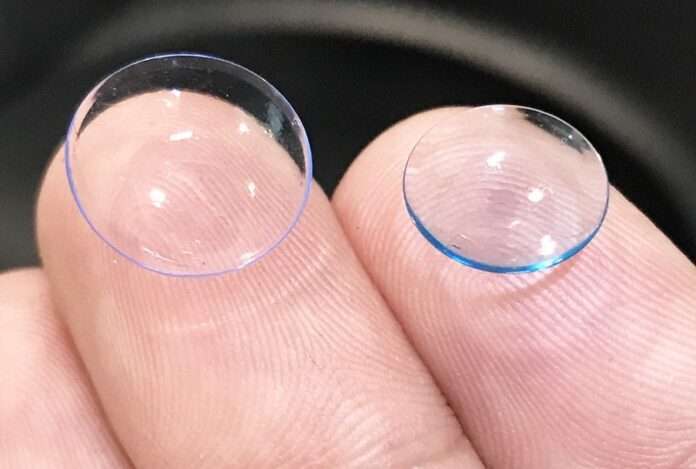Having an eye check every one or two years can help detect vision issues early on and improve visual quality if prescription modifications are required.
Health, age, and a family history of vision issues may influence how frequently you require an eye checkup. In addition, many vision insurance policies provide an annual complete eye exam.
Consult your eye doctor to determine how frequently you should examine your eyes. For example, they may urge more regular checks if you have diabetes or high blood pressure.
If you are under 40 and have no vision difficulties, you may only get an eye test every two years. Consider going once a year beyond the age of 40. This is especially crucial if you have noticed a change in your eyesight or your family has a history of diabetes or glaucoma.
What takes place during an eye exam?
Your eye doctor will inquire about your medical history and whether you have any vision difficulties at the start of an eye exam. Bring your current glasses or contacts to the appointment so your eye doctor can determine if you require prescription modifications.
Your eye doctor may do various tests during the eye exam, including a glaucoma test (a basic screening to assess inner eye pressure), a visual acuity test, and a refraction test.
Based on the results of these tests, your doctor will evaluate if you require more vision tests or whether you require glasses or contact lenses. If you wear glasses or contact lenses, the strength of your prescription may need to be adjusted. In addition, these tests aid in determining your overall eye health.
What exactly is a refraction eye exam?
A refraction eye test assists your eye doctor in determining what prescription you require for glasses or contact lenses. Your doctor may have you look into an equipment that shows lenses of varying strengths to test this. Your doctor can determine which lens is ideal for you by moving the lens in front of each eye as you read letters and numbers on a chart. This refraction test also assists your doctor in determining whether you require a different strength lens in each eye.
Do I still need an eye test if I have good vision?
Even if you have 20/20 vision, you should have your eyes tested every one to two years. During an eye exam, your eye doctor will assess your vision and your risk for eye illnesses such as glaucoma and cataracts. If you have any medical issues, they may influence your vision and eye health, making a routine eye exam a crucial aspect of your overall health and wellness.
Routine eye checkups can help you keep your eyes healthy. If you presently wear glasses or contact lenses or are suffering vision issues, see your eye doctor.
A family history of eye issues and specific health conditions may necessitate more frequent checkups. Still, even if you aren’t at risk, it’s crucial to get tested regularly.









